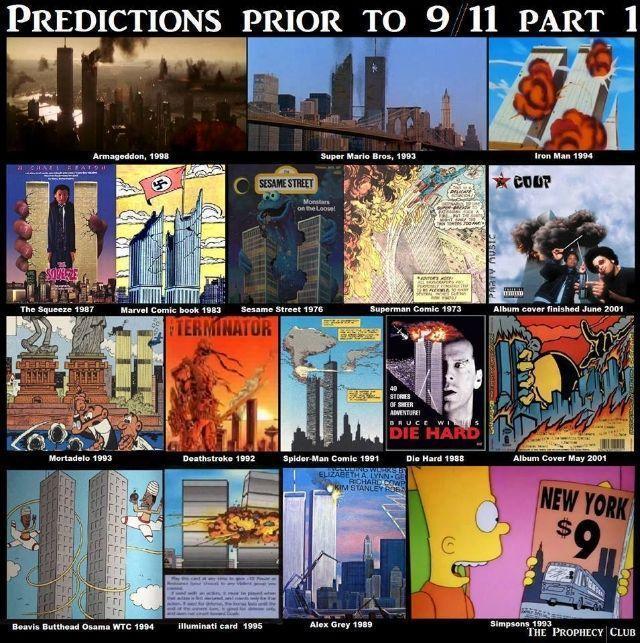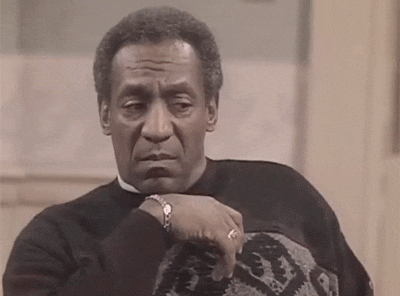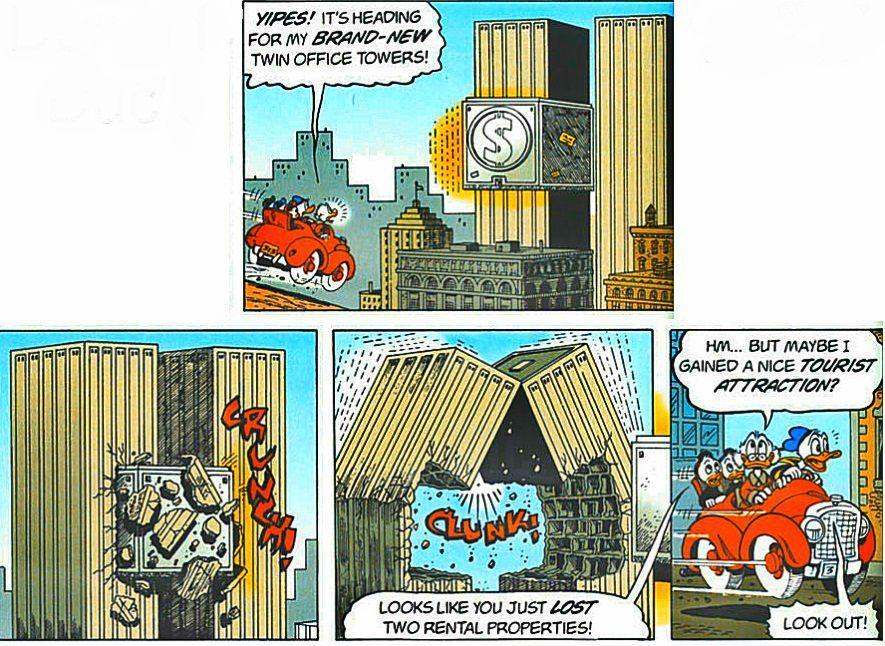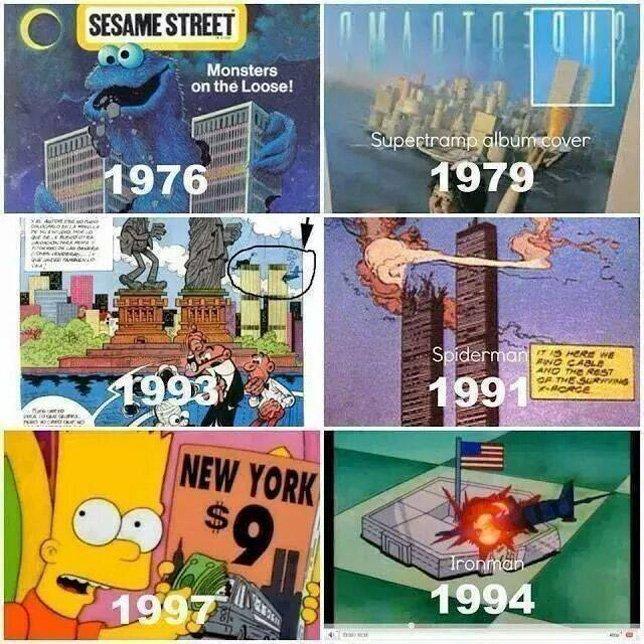Kyle M
Member
- Joined
- Mar 20, 2016
- Messages
- 1,407
Looking at the phenomenon from a lens of natural selection in human actions:
Conspiracies are Under Selective Pressures
Conspiracies are Under Selective Pressures
Follow along with the video below to see how to install our site as a web app on your home screen.
Note: This feature may not be available in some browsers.
Click Here if you want to upgrade your account
If you were able to post but cannot do so now, send an email to admin at raypeatforum dot com and include your username and we will fix that right up for you.
lolThat he wrote it?
That the Reptilians run everything, obviously.I'm curious what conclusions you draw from this article?

I think that the main points of the article are based on two false premises.
Karl Popper's Theory of Falsification was never intended to apply to questions of history but only to matters of science, and more appropriately to experimental science. But assuming that Falsification does apply, whether or not a particular conspiracy can be considered true or not will depend upon a careful examination of all the evidence, and like in a trial of facts, are based on the preponderance of evidence. If someone rejects your argument that a conspiracy isn't true because of "x," it isn't necessarily the case that they are not open to be proven wrong or "falsified," but rather because they have evaluated "x" and found it to be unpersuasive, or it is countered by other evidence. Controlled opposition, disinformation, limited hangouts, as well as many, many other tools of psychological warfare are all facts that need to be taken into account when studying a conspiracy.
I think you are also incorrect in applying the claim of survivorship bias in your analysis of conspiracy theories, and in particular the many examples of 9/11 predictive programming. The fact that there are hundreds of references to 9/11 in the media going back some 50 years is not an example of survivorship but rather real evidence of foreknowledge. The reason is simple, the shear number of references. For your theory of survivorship bias to hold, there would have to be several other examples of multiple references to other dates or future events that didn't come true. However there isnt. One reference to 5/15 and a couple references to 8/13 are not even remotely equivalent. The fact that references to 9/11 have appeared so many times and in so many brazen ways, makes this bit of evidence unique. There is no survivorship bias because there are no other potential survivors. Moreover, mocking the victim by telling him what you are doing to him or about to do to him, even on a subconscious level, is part of the Occult ritual. There is a reason for these events to be foreshadowed so often in the movies.

Karl Popper's Theory of Falsification was never intended to apply to questions of history but only to matters of science, and more appropriately to experimental science. But assuming that Falsification does apply, whether or not a particular conspiracy can be considered true or not will depend upon a careful examination of all the evidence, and like in a trial of facts, are based on the preponderance of evidence. If someone rejects your argument that a conspiracy isn't true because of "x," it isn't necessarily the case that they are not open to be proven wrong or "falsified," but rather because they have evaluated "x" and found it to be unpersuasive, or it is countered by other evidence. Controlled opposition, disinformation, limited hangouts, as well as many, many other tools of psychological warfare are all facts that need to be taken into account when studying a conspiracy.
I think you are also incorrect in applying the claim of survivorship bias in your analysis of conspiracy theories, and in particular the many examples of 9/11 predictive programming. The fact that there are hundreds of references to 9/11 in the media going back some 50 years is not an example of survivorship but rather real evidence of foreknowledge. The reason is simple, the shear number of references. For your theory of survivorship bias to hold, there would have to be several other examples of multiple references to other dates or future events that didn't come true. However there isnt. One reference to 5/15 and a couple references to 8/13 are not even remotely equivalent. The fact that references to 9/11 have appeared so many times and in so many brazen ways, makes this bit of evidence unique. There is no survivorship bias because there are no other potential survivors. Moreover, mocking the victim by telling him what you are doing to him or about to do to him, even on a subconscious level, is part of the Occult ritual. There is a reason for these events to be foreshadowed so often in the movies.
I was going to say the example in the article was weak, and that I have seen more convincing examples (i.e. Supertramp). As the world's most iconic buildings you would certainly expect them to appear in motion pictures, but I do find the magazine from the Simpson's cartoon somewhat troubling because $9 is far too expensive for a magazine—any magazine; you would think Matt Groening would have penciled a more realistic '$2' or '$3' . . . and the silhouette could just as well been the equally‐iconic Statue of Liberty (though admittedly more difficult to draw.)

I think you're right. All the New Yorker's I've had were outdated by a few years, so were basically free, but I wouldn't doubt that they would sell for about $9 right now.Why does the magazine price bother you? Hasn't the New Yorker always been one of the most expensive magazines on the market? All glossy n' ***t.
Dont get into the game of debating one cherry picked fact or another. It is the the totality of the evidence that needs to be evaluated. But just restricting our discussion to media foreshadowing, any one media mention can be dismissed as a coincidence. However when you have close to a hundred foreshadowings of 9/11 then you have to conclude that something besides cooincidence is at work. Despite what Kyle would have us believe, there are no other instances of such coordinated hidden media messaging for any other historical or non-historical event.I think you're right. All the New Yorker's I've had were outdated by a few years, so were basically free, but I wouldn't doubt that they would sell for about $9 right now.
I'm not bothered by the price of a fictional magazine, but troubled by the fact that it's a somewhat convincing example of foreknowledge. Obviously, the $9 news‐stand price is what determines the putative foreshadowing in this case, yet this is not a realistic 1990s magazine price. I really doubt that you'd find any other examples of $9 magazines in '90s cartoons.



I think you're right. All the New Yorker's I've had were outdated by a few years, so were basically free, but I wouldn't doubt that they would sell for about $9 right now.
I'm not bothered by the price of a fictional magazine, but troubled by the fact that it's a somewhat convincing example of foreknowledge. Obviously, the $9 news‐stand price is what determines the putative foreshadowing in this case, yet this is not a realistic 1990s magazine price. I really doubt that you'd find any other examples of $9 magazines in '90s cartoons.